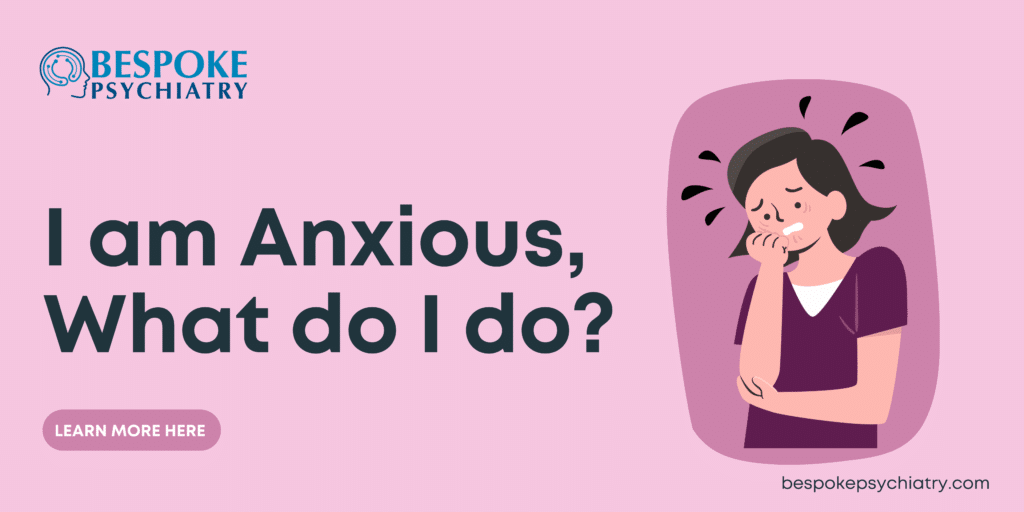
Anxiety is a natural human response to stress or uncertainty. However, when it becomes persistent, overwhelming, or interferes with daily life, it can be classified as an anxiety disorder. According to the American Psychiatric Association (APA), anxiety disorders are among the most common mental health conditions in the United States, affecting millions of people each year. If you find yourself feeling anxious, you’re not alone, and there are effective ways to manage it.
Understanding Anxiety
Anxiety manifests differently for each person. For some, it may appear as constant worry or fear, while for others, it could include physical symptoms such as a racing heart, shortness of breath, or difficulty sleeping. Common anxiety disorders include generalized anxiety disorder (GAD), panic disorder, social anxiety disorder, and specific phobias. While anxiety is a normal emotion, persistent and intense anxiety can interfere with daily activities and well-being.
What You Can Do: Strategies to Manage Anxiety
- Practice Relaxation Techniques
One of the most effective ways to cope with anxiety is by incorporating relaxation techniques into your routine. These might include deep breathing exercises, progressive muscle relaxation, or guided meditation. These practices help activate the body’s relaxation response, reducing the physical symptoms of anxiety. - Engage in Regular Physical Activity
Exercise can be an effective way to reduce anxiety. Regular physical activity helps release endorphins, the body’s natural stress relievers. Activities like walking, swimming, yoga, or even dancing can significantly reduce anxiety levels. - Maintain a Healthy Lifestyle
Eating a balanced diet, getting enough sleep, and staying hydrated all contribute to your mental and physical health. Avoiding excessive caffeine or alcohol, which can increase anxiety, is also recommended. - Cognitive Behavioral Therapy (CBT)
Cognitive Behavioral Therapy (CBT) is one of the most effective treatments for anxiety. CBT helps individuals identify and change the negative thought patterns that fuel anxiety. It provides practical skills and coping strategies to challenge irrational fears and better manage anxious thoughts. - Medication
medication may be prescribed to help manage anxiety symptoms. Anti-anxiety medications, such as selective serotonin reuptake inhibitors (SSRIs) or benzodiazepines, may be recommended depending on the severity and nature of your anxiety.
At Bespoke Psychiatry: Our Approach to Treating Anxiety
At Bespoke Psychiatry, we understand that anxiety can feel isolating and overwhelming. Our team of dedicated mental health professionals is committed to providing personalized care that focuses on addressing the root causes of anxiety. Through a comprehensive, holistic approach, we treat each individual with the utmost respect, empathy, and professionalism.
Our approach begins with a thorough assessment to understand the unique aspects of each patient’s anxiety. We take the time to listen to your concerns, ensuring that we tailor the treatment plan to your needs. We work collaboratively with you to find the best solutions for managing your anxiety. Which may include the use of medications and referrals to psychotherapy practices that accept your insurance.
We’re Here For You!
If you are struggling with anxiety, it’s important to remember that you don’t have to face it alone. At Bespoke Psychiatry, we are here to guide you through your anxiety management journey. Our compassionate, experienced team is committed to helping you feel better and achieve your mental health goals. Click HERE to schedule an appointment with a mental health professional at Bespoke Psychiatry.
Don’t wait to seek help—contact us today to learn more about how we can support you in managing your anxiety and improving your quality of life.Medically Reviewed by Dr Jacob Fyda MD, Board Certified Psychiatrist, on December 19, 2024. Written by Gilma Villatoro.



